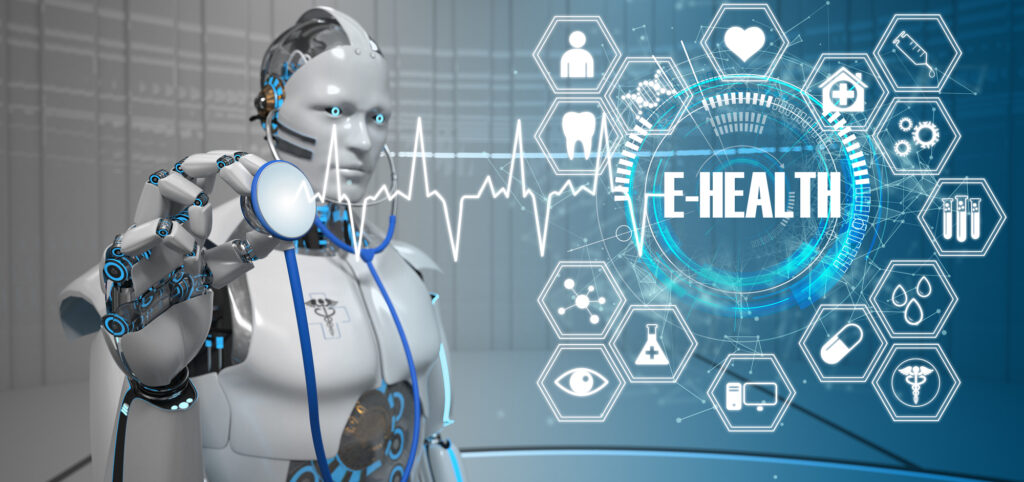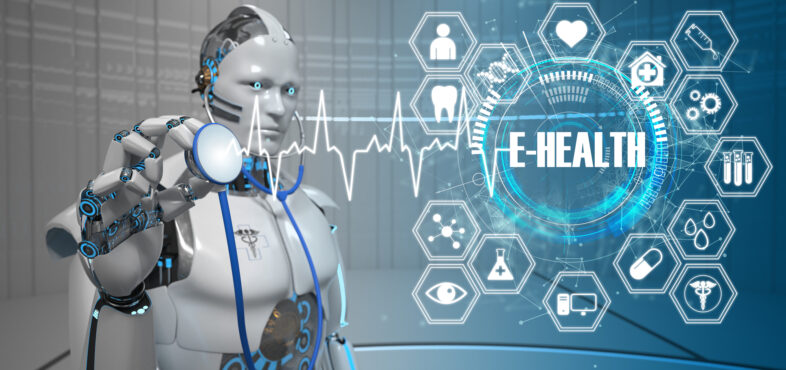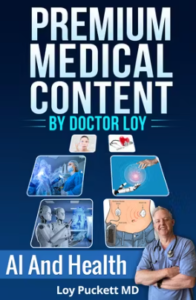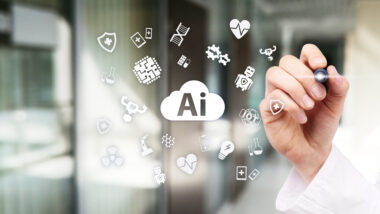
This Offer Will Go LIVE When The Timer Hits Zero!
AI can eventually have the potential to significantly impact the field of medicine by reducing the number of people necessary in certain medical disciplines, but the complete replacement of doctors by AI is a complex and multifaceted issue that seems rather difficult to conclude.
Certainly, it’s a subject to debate. Here are some key points that are being considered:
AI Assistance: AI technologies assist doctors in various ways, such as diagnosing diseases, analyzing medical images, suggesting treatment options, and providing personalized medical information to patients. These tools can enhance the efficiency and accuracy of medical practices, leading to better patient care.
Diagnosis and Treatment Recommendations: AI algorithms can process vast amounts of medical data and research quickly, potentially aiding in diagnosing complex conditions and suggesting treatment plans based on evidence. However, human expertise is still crucial in interpreting and contextualizing this information.
Human Interaction and Empathy: One of the fundamental aspects of healthcare is the human connection between doctors and patients. The ability to provide emotional support, empathy, and understanding is essentially impossible to replicate by a nonhuman. Bedside manners, which plays a significant role in patient care, is an area where human doctors excel and probably will never be replaced by AI.
Complex Decision-Making: Medicine often involves intricate decision-making that considers not only medical factors but also ethical, cultural, and personal considerations. AI may struggle to fully replicate these complex judgments, especially in situations with limited data or when dealing with uncertain outcomes.
Legal and Ethical Challenges: The legal and ethical implications of relying solely on AI for medical decisions are substantial. Who would be held responsible in case of errors or negative outcomes? Ensuring patient safety and accountability for their decisions would still be critical concerns of doctors and others in the healthcare field.
Continuous Learning and Adaptation: Medicine is a field that constantly evolves due to new research, discoveries, and changes in medical practices. Doctors undergo rigorous training and continuous education to stay up to date. AI systems would need similar mechanisms to ensure they are always using the latest and most accurate information.
Collaboration Between AI and Doctors: A more likely scenario is the collaboration between AI systems and doctors. AI can assist in data analysis, pattern recognition, and information retrieval, while doctors provide critical thinking, decision-making, and patient interaction. The recommendations provided by AI are certainly a resource that only a few years ago was not available to doctors, but in the end, it is still a human making the diagnoses and treatment recommendations. That will not change anytime soon.
Limited to Certain Tasks: While AI excels in specific tasks like image analysis, data interpretation, and pattern recognition, it might not fully replace the wide range of skills and expertise that doctors possess, especially in handling complex and nuanced medical cases.
In the end, AI is much more likely to transform the healthcare landscape and augment the capabilities of doctors rather than completely replace them. The collaborative approach, where AI supports doctors in various tasks, holds the most promise for improving patient care and outcomes. However, the extent of AI’s role and how successful it will be will depend on factors such as technological advancements, ethical considerations, and societal acceptance.
If you would like to learn more about AI and Health, be sure to get my newest Premium Medical Content AI and Health.
Premium Medical Content By Doctor Loy: AI And Health

Doctor Loy
Loy Puckett MD
Emergency Medicine – 28 Years Experience



